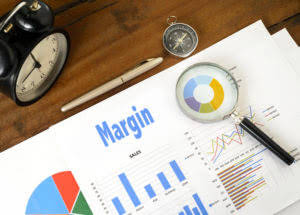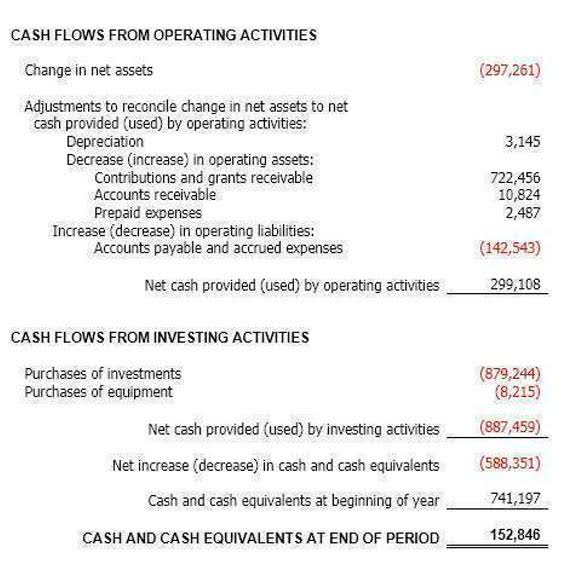
Conversely, when asked if a firm would not pay a cash dividend if “the majority of the owners face high transaction costs of selling their stocks (S11),” more than half (53.3%) of the responding LSE managers disagreed. This evidence suggests that while the cost of raising external funds (debt) is a critical reason for inducing LSE companies not to distribute cash dividends, transaction costs that shareholders might incur are not deemed significant. Table 1 displays the patterns of cash dividend payments and net earnings among our initial sample of UK-based listed firms (excluding financial and utility companies) from 2009 to 2020. This sample, comprising both dividend-paying and non-dividend-paying companies, is detailed in the “3.1 Sample description” subsection. The data reveal that nearly 60% of the sampled UK firms distributed cash dividends, with minor fluctuations throughout the study period. Comparatively, Renneboog and Trojanowski (2011) report that over 80% of listed UK firms paid cash dividends between 1992 and 2004, indicating a notable decline in dividend-paying firms over the https://www.facebook.com/BooksTimeInc/ last two to three decades.

When are dividends paid?
- Given the significant adverse effects of the pandemic, examining its impact on the financial positions of non-dividend-paying UK firms, and their decisions to set no regular cash dividends is crucial.
- These funds invest in a basket of dividend-paying stocks, providing instant diversification and professional management.
- The company’s stockholder equity is reduced by the dividend amount, and its total liability is increased temporarily because the dividend has not yet been paid.
- Following the recommendation by Simms and Watson (2007), we apply Cronbach’s α to each subscale instead of the entire questionnaire due to the presence of different questions and subscales.
- The most common executive positions among respondents are CEO (31.4%), CFO (26.7%), chairperson (12.4%), non-executive director (12.4%), and director of finance (6.7%).
Therefore, stock dividends offer a tax advantage for some shareholders as well. Theoretically, a stock dividend should not affect the share prices of a company. However, the signaling effect may cause a temporary fall in the share price of the company issuing stock dividends. Every https://www.bookstime.com/articles/what-are-t-accounts single reason that a corporation can have for paying out a cash dividend can be applied to paying out a stock dividend as well.
Share this article
In a stock dividend, shareholders are issued additional shares according to their current ownership stake. If the company in the above example issues a 10% stock dividend instead, the shareholder receives an additional 100 shares. Some companies offer shareholders the option of reinvesting a cash dividend by purchasing additional shares of stock at a reduced price.
How Dividends Are Paid

For example, if you’re focused on income, you might prioritise stocks with a higher dividend yield. If growth is more important, look for companies with a history of increasing dividends over time. One of the challenges of investing is ensuring that your returns outpace inflation, which erodes purchasing power over time. Dividend stocks can offer a hedge against inflation, mainly if you invest in companies with a history of increasing their dividends. This relative stability can help reduce the overall risk in your portfolio, making dividend stocks a safer choice for conservative investors or those looking to balance more aggressive investments. These stocks are usually offered by well-established companies with a track record of stable earnings.

Is Lemonade Stock a Solid Long Term Investment?

In many regions, qualified dividends are taxed at a lower rate than ordinary income, which can be advantageous. By investing in such companies, you can benefit from both regular income and the potential for long-term wealth accumulation. CFDs and forex (FX) are complex instruments and come with a both cash dividends and stock dividends high risk of losing money rapidly due to leverage. 62% of retail investor accounts lose money when trading CFDs with this provider.

Research and identify dividend-paying companies
- In contrast, share repurchases have become a popular payout method in the United States, often replacing cash dividends.
- The investor can keep the money they receive or reinvest it in new shares.
- High insider ownership and transaction costs also do not explain why some UK companies pay no cash dividends.
- Stock dividends are the same kind of occurrence as cash dividends save that they are paid out in stocks rather than in cash.
- Considering the cash dividend received was £150, the total value after the event would be £2,450 (£2,300 + £150).
Once the organization declares the dividend, it can’t reinvest the money into its business operations. A company’s market capitalization value typically sinks in proportion to the total dividend declared. Organizations that issue cash dividends are established companies past the startup stage.
